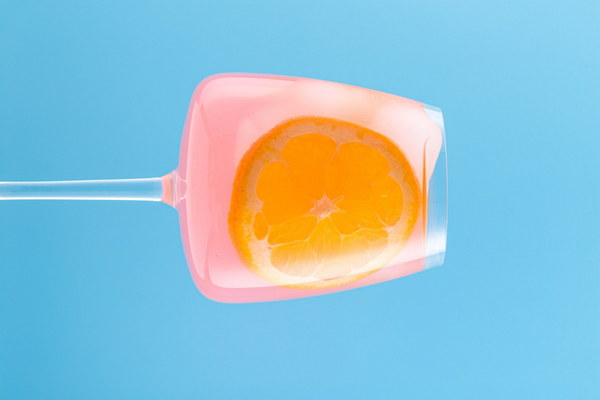Hydration The Key to Anti-Aging Skin Care – Does It Really Work
Hydration: The Key to Anti-Aging Skin Care – Does It Really Work?
In the quest for youthful, radiant skin, the term hydration often crops up as a key component of anti-aging skincare routines. But does hydration really hold the magic to prevent aging? Let's delve into the science behind this popular skincare trend.
Understanding Skin Hydration
The skin is the largest organ of the human body, and its primary function is to protect us from the external environment. It's composed of three layers: the epidermis, dermis, and hypodermis. The epidermis, the outermost layer, is where hydration becomes crucial.
Hydration refers to the process of maintaining the skin's moisture balance. This balance is maintained by a combination of water, lipids, and natural moisturizing factors (NMFs). When the skin is well-hydrated, it appears plump, supple, and firm. Conversely, dehydrated skin can look dry, flaky, and dull, which can exacerbate the signs of aging.
The Link Between Hydration and Anti-Aging
Numerous studies have shown that hydration plays a significant role in the aging process. Here are some ways in which it contributes to the anti-aging benefits:
1. Improved Elasticity: Hydrated skin is more elastic, which means it can better resist the effects of gravity and maintain its youthful contours. This can help prevent the formation of wrinkles and fine lines.
2. Enhanced Barrier Function: The epidermis acts as a barrier that protects the body from harmful substances and external factors. Proper hydration helps maintain the integrity of this barrier, reducing the risk of premature aging caused by environmental stressors.
3. Increased Collagen Production: Collagen is a protein that provides structure and elasticity to the skin. Hydration can stimulate the production of collagen, helping to keep the skin firm and youthful.
4. Improved Cell Turnover: Hydrated skin has a more efficient cell turnover rate, which means dead skin cells are shed more quickly and replaced by new, healthy cells. This can lead to a more radiant and even complexion.
How to Hydrate Your Skin
Now that we understand the importance of hydration in anti-aging, let's discuss how to achieve it:
1. Use a Hydrating Cleanser: Cleansing your skin removes dirt, oil, and impurities, but it can also strip away natural oils. Opt for a hydrating cleanser that maintains the skin's moisture balance.
2. Apply a Hydrating Serum: Serums are concentrated formulas that can deliver high levels of active ingredients directly to the skin. Look for serums that contain hyaluronic acid, glycerin, or amino acids, as these ingredients are known for their hydrating properties.
3. Use a Moisturizer: A moisturizer is essential for locking in hydration throughout the day. Choose a moisturizer that suits your skin type and contains ingredients like ceramides, dimethicone, and shea butter.
4. Stay Hydrated: Drink plenty of water throughout the day. While it's important to maintain overall hydration, it's also beneficial for the skin.
5. Protect Your Skin: Wear sunscreen daily to protect your skin from UV damage, which can dehydrate the skin and accelerate the aging process.

Conclusion
Hydration is indeed a vital component of anti-aging skincare. By keeping your skin well-hydrated, you can improve its elasticity, enhance its barrier function, stimulate collagen production, and maintain a radiant complexion. So, the next time you're considering adding a new product to your skincare routine, think about how it will help keep your skin hydrated. After all, hydration is the key to youthful, glowing skin.









